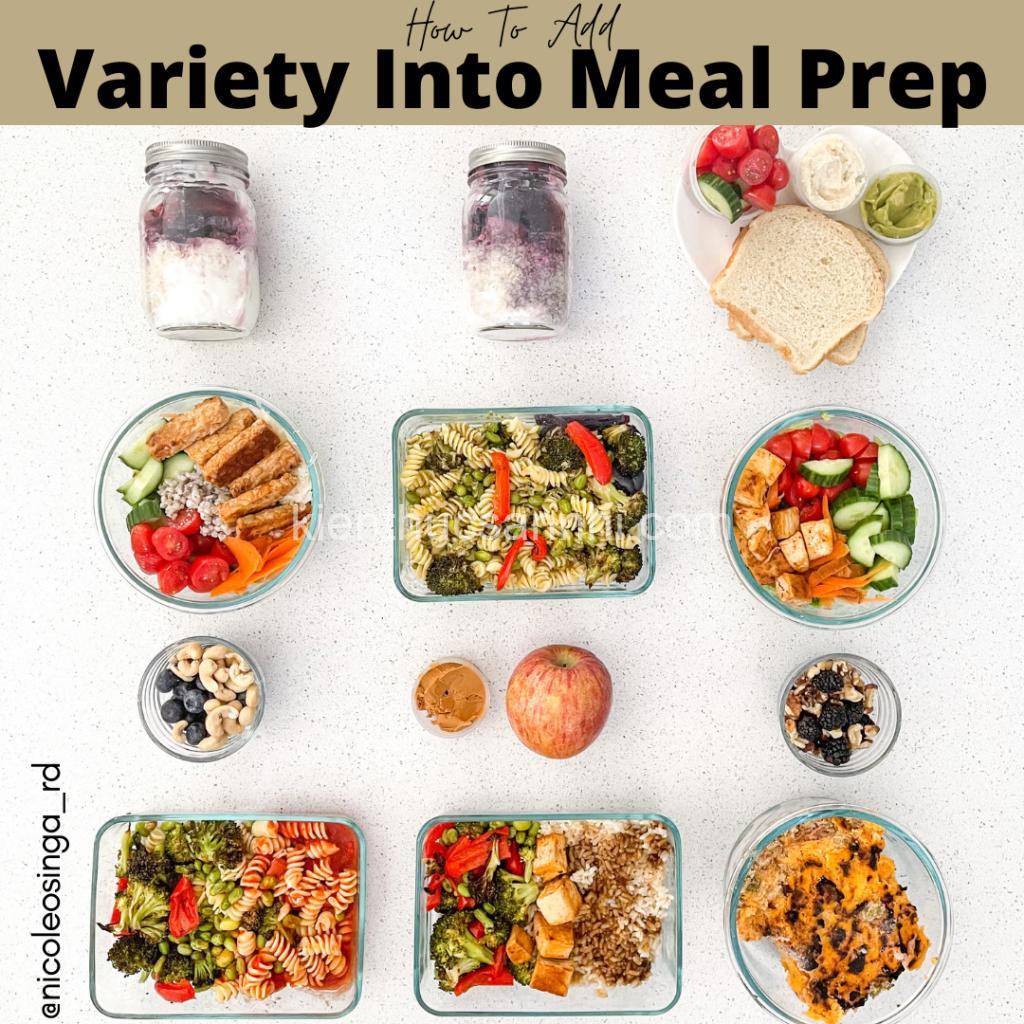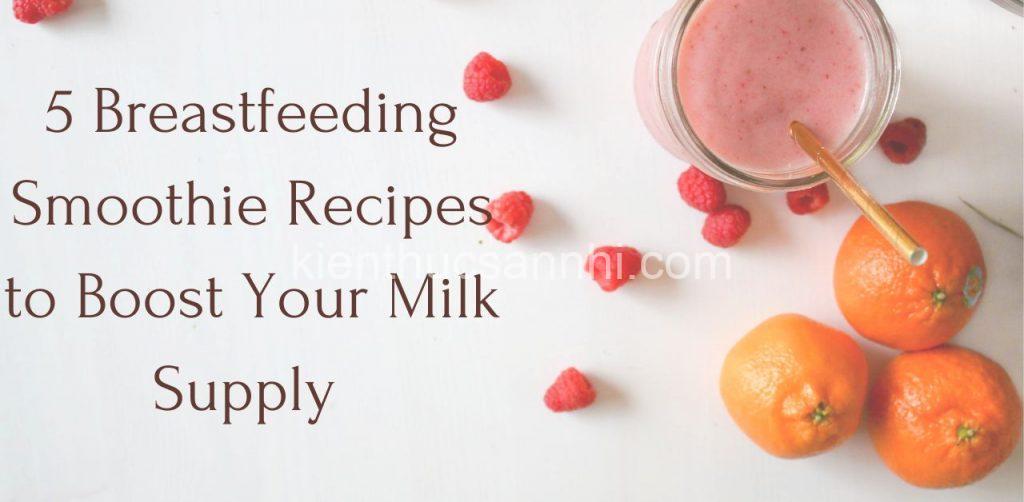
Manage Portion Sizes While Breastfeeding | Nutritional Needs & Strategies. In today’s article, kienthucsannhi.com will explore with you in the most detailed and complete way. See now!
Understanding Your Nutritional Needs While Breastfeeding
Breastfeeding requires extra calories and nutrients to support milk production and maintain your own health. While individual needs vary, it’s generally recommended to increase your calorie intake by 500 calories per day while breastfeeding. This increase is essential for providing your baby with the nourishment they need and ensuring you have enough energy to keep up with the demands of motherhood.
It’s not just about calories, though. Nutrients are equally important. You’ll need to focus on getting enough protein, carbohydrates, and healthy fats. These provide the building blocks for breast milk and contribute to your overall well-being. For instance, protein plays a crucial role in producing breast milk and maintaining your own muscle mass, while healthy fats are essential for your baby’s brain development and overall growth. Carbohydrates provide energy and support your immune system.
However, it’s essential to strike a balance. Overeating can lead to unwanted weight gain and potential health complications. On the other hand, undereating can negatively impact your milk supply, leave you feeling fatigued, and increase your risk of nutrient deficiencies. Finding the right balance is crucial for both you and your baby.
It’s important to remember that everyone’s body is different. While general recommendations are a good starting point, it’s always best to talk to your doctor or a registered dietitian for personalized advice. They can help you determine your specific needs and create a nutrition plan that caters to your individual circumstances.

Strategies for Portion Control While Breastfeeding
Managing portion sizes while breastfeeding can be challenging, especially when you’re feeling tired and your appetite might be a little more unpredictable. But don’t worry; there are several strategies you can adopt to make it easier.
Mindful Eating: This is one of the most crucial aspects of portion control. Instead of rushing through meals, make time to eat slowly and savor each bite. Focus on the taste, texture, and smell of your food. This helps you to feel more satisfied and avoid overeating.
Plate Size and Meal Planning: Using smaller plates can help you to visually reduce portion sizes. It’s also a good idea to plan your meals ahead of time. This ensures that you’re eating balanced and nutritious meals, making it less likely to reach for unhealthy snacks later.
Healthy Snacking: Snacking is a natural part of breastfeeding. However, it’s important to make healthy choices. Instead of reaching for processed foods or sugary treats, opt for nutrient-rich snacks like fruits, vegetables, yogurt, nuts, and seeds.
Staying Hydrated While Breastfeeding
Staying hydrated is just as important as eating a balanced diet while breastfeeding. Your body needs water to produce breast milk, regulate body temperature, and support many other essential bodily functions.
Hydration is crucial for maintaining a healthy milk supply. Dehydration can lead to a decrease in milk production, leaving your baby feeling unsatisfied.
It’s recommended to drink plenty of water throughout the day. Aim for eight glasses or more. If you find plain water boring, try adding a slice of lemon or cucumber for flavor. You can also explore other hydrating options like herbal teas, smoothies, and fruit-infused water.
Additional Tips and Considerations
While managing portion sizes is important, remember that it’s just one piece of the puzzle. There are other aspects to consider as well.
Exercise: Physical activity is essential for both your physical and mental well-being. Regular exercise can help you manage weight, boost your mood, and increase your energy levels. However, it’s important to listen to your body and choose exercises that feel comfortable.
Seeking Professional Guidance: If you’re struggling to manage your portion sizes or have any concerns about your nutrition, don’t hesitate to reach out to a registered dietitian or lactation consultant. These professionals can provide personalized advice and create a nutrition plan that caters to your specific needs and goals.
Embracing a Positive Body Image
The postpartum period can be a time of significant physical and emotional changes. It’s common to experience fluctuations in weight and body shape. Remember that your body has gone through an incredible transformation, and it’s important to treat it with kindness and respect.
Focusing on the positive aspects of your body, practicing self-compassion, and avoiding comparisons with others can help you embrace a positive body image. Remember that you’re amazing, and your body is capable of incredible things.
Conclusion
Managing portion sizes while breastfeeding requires a mindful approach and a focus on healthy eating habits. By understanding your nutritional needs, practicing mindful eating, and making informed choices, you can support your own health and provide your baby with the nourishment they need.
Remember to consult with healthcare professionals for personalized advice and to prioritize your well-being throughout this incredible journey of motherhood.
For more information about animal care and pet products, visit kienthucsannhi.com.
Don’t forget to share your thoughts and tips on managing portion sizes while breastfeeding in the comments below!
FAQS:
What are the common signs of overeating or under-eating while breastfeeding?
Overeating can lead to unwanted weight gain, fatigue, and potential health complications. On the other hand, under-eating can result in decreased milk supply, fatigue, and nutrient deficiencies.
Common Signs of Overeating:
- Feeling bloated or uncomfortable after meals.
- Experiencing heartburn or indigestion.
- Gaining weight rapidly.
Common Signs of Under-eating:
- Feeling constantly tired or lacking energy.
- Experiencing difficulty concentrating.
- Noticing a decrease in milk supply.
- Feeling lightheaded or dizzy.
How can I track my calorie intake while breastfeeding?
There are several ways to track your calorie intake:
- Food Journal: Keep a journal to record everything you eat and drink throughout the day.
- Calorie Counting Apps: Use mobile apps designed to track calorie intake.
- Consulting a Dietitian: Seek professional guidance from a registered dietitian to develop a personalized calorie tracking plan.
What are some quick and easy tips for managing portion sizes while breastfeeding?
- Use smaller plates and bowls.
- Eat slowly and savor each bite.
- Drink plenty of water before and during meals.
- Divide large meals into smaller, more frequent portions.
- Choose nutrient-rich snacks.
- Be mindful of your hunger and fullness signals.
Is it okay to snack while breastfeeding?
Snacking can be a helpful way to ensure you’re getting enough calories and nutrients throughout the day. Just be sure to choose healthy snack options.
How can I find a registered dietitian or lactation consultant to help me with my nutrition?
You can ask your doctor for a referral or search for registered dietitians and lactation consultants in your area online. Many hospitals and clinics also offer nutrition counseling services.
Entity – Attribute – Value (EAV):
- Entity: Breastfeeding – Attribute: Calorie Requirements – Value: Increased
- Entity: Breastfeeding – Attribute: Nutrient Needs – Value: Protein, carbohydrates, healthy fats
- Entity: Portion Size – Attribute: Method – Value: Smaller plates
- Entity: Meal Planning – Attribute: Goal – Value: Balanced and nutritious meals
- Entity: Snacks – Attribute: Type – Value: Nutrient-rich, healthy
- Entity: Hydration – Attribute: Importance – Value: Essential for milk production
- Entity: Exercise – Attribute: Benefits – Value: Physical and mental health
- Entity: Body Image – Attribute: Importance – Value: Positive self-image
- Entity: Nutritionist – Attribute: Role – Value: Provide personalized advice
- Entity: Lactation Consultant – Attribute: Role – Value: Provide breastfeeding support
- Entity: Food Labels – Attribute: Importance – Value: Understanding nutritional content
- Entity: Meal Prep – Attribute: Benefit – Value: Time-saving
- Entity: Snack Recipes – Attribute: Goal – Value: Healthy and convenient options
- Entity: Hydration Tips – Attribute: Examples – Value: Drinking water throughout the day
- Entity: Exercise Routines – Attribute: Examples – Value: Walking, swimming
- Entity: Breastfeeding Mothers – Attribute: Needs – Value: Adequate calorie intake, proper hydration
- Entity: Portion Control – Attribute: Importance – Value: Preventing weight gain, maintaining health
- Entity: Mindful Eating – Attribute: Technique – Value: Eating slowly, savoring food
- Entity: Calorie Intake – Attribute: Impact – Value: Milk production, energy levels
- Entity: Healthy Eating – Attribute: Importance – Value: Overall well-being
Entity, Relation, Entity (ERE):
- Entity: Breastfeeding – Relation: Requires – Entity: Increased calorie intake
- Entity: Breastfeeding – Relation: Requires – Entity: Adequate hydration
- Entity: Portion Size – Relation: Affects – Entity: Calorie intake
- Entity: Meal Planning – Relation: Contributes to – Entity: Healthy eating
- Entity: Snacks – Relation: Provide – Entity: Nutrients
- Entity: Hydration – Relation: Improves – Entity: Milk production
- Entity: Exercise – Relation: Benefits – Entity: Physical and mental health
- Entity: Nutritionist – Relation: Provides – Entity: Personalized advice
- Entity: Lactation Consultant – Relation: Provides – Entity: Breastfeeding support
- Entity: Food Labels – Relation: Helps – Entity: Understand nutritional content
- Entity: Meal Prep – Relation: Contributes to – Entity: Time efficiency
- Entity: Snack Recipes – Relation: Offers – Entity: Healthy snack options
- Entity: Hydration Tips – Relation: Promotes – Entity: Water consumption
- Entity: Exercise Routines – Relation: Provides – Entity: Physical activity guidance
- Entity: Breastfeeding Mothers – Relation: Require – Entity: Balanced diet
- Entity: Portion Control – Relation: Helps – Entity: Maintain a healthy weight
- Entity: Mindful Eating – Relation: Encourages – Entity: Awareness of hunger cues
- Entity: Calorie Intake – Relation: Influences – Entity: Energy levels
- Entity: Healthy Eating – Relation: Contributes to – Entity: Overall well-being
- Entity: Body Image – Relation: Influenced by – Entity: Weight management
Semantic Triple (Subject, Predicate, Object):
- Subject: Breastfeeding – Predicate: Requires – Object: Increased calorie intake
- Subject: Breastfeeding – Predicate: Requires – Object: Adequate hydration
- Subject: Portion Size – Predicate: Affects – Object: Calorie intake
- Subject: Meal Planning – Predicate: Contributes to – Object: Healthy eating
- Subject: Snacks – Predicate: Provide – Object: Nutrients
- Subject: Hydration – Predicate: Improves – Object: Milk production
- Subject: Exercise – Predicate: Benefits – Object: Physical and mental health
- Subject: Nutritionist – Predicate: Provides – Object: Personalized advice
- Subject: Lactation Consultant – Predicate: Provides – Object: Breastfeeding support
- Subject: Food Labels – Predicate: Helps – Object: Understand nutritional content
- Subject: Meal Prep – Predicate: Contributes to – Object: Time efficiency
- Subject: Snack Recipes – Predicate: Offers – Object: Healthy snack options
- Subject: Hydration Tips – Predicate: Promotes – Object: Water consumption
- Subject: Exercise Routines – Predicate: Provides – Object: Physical activity guidance
- Subject: Breastfeeding Mothers – Predicate: Require – Object: Balanced diet
- Subject: Portion Control – Predicate: Helps – Object: Maintain a healthy weight
- Subject: Mindful Eating – Predicate: Encourages – Object: Awareness of hunger cues
- Subject: Calorie Intake – Predicate: Influences – Object: Energy levels
- Subject: Healthy Eating – Predicate: Contributes to – Object: Overall well-being
- Subject: Body Image – Predicate: Influenced by – Object: Weight management





